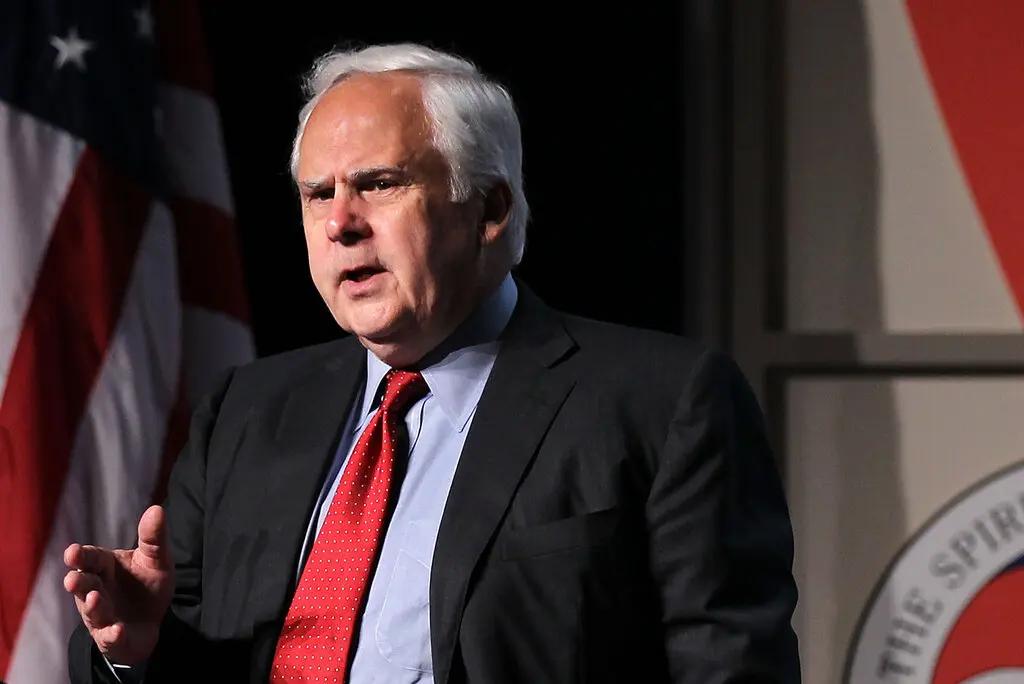Frederick W. Smith, the trailblazing founder of FedEx who reshaped global commerce and revolutionized the shipping industry, died on Saturday, June 22, 2025, in Memphis. He was 80. FedEx, headquartered in Memphis, confirmed his passing in an official statement.
Smith, a decorated Marine Corps veteran and bold entrepreneur, created a logistics empire that turned his college business idea into a cornerstone of modern trade and a household name.
Arnaldo Pomodoro Dies at 98: Famed Sculptor Behind Monumental Fractured Spheres
From a College Essay to Global Empire
In 1965, while studying at Yale University, Smith wrote a paper proposing a system for fast, reliable overnight delivery to support the growing need for small-package shipments in an automated economy. The idea earned him a modest C grade—but it would later become the blueprint for FedEx.
Founded in 1971, FedEx introduced an innovative hub-and-spoke system and became a game-changer in the transportation sector. Today, the company operates in more than 220 countries and ships over 16 million packages daily. It also runs the world’s largest fleet of cargo aircraft.
Early Struggles and Bold Risks
Smith’s journey wasn’t without peril. In the company’s early days, he famously took extraordinary personal financial risks to keep FedEx afloat, including once using his own funds—and even gambling in Las Vegas—to cover fuel costs.
Despite early struggles, his relentless vision and calculated risks paid off, cementing his place among the most influential business leaders of the 20th and 21st centuries.
A Life Rooted in Logistics and Service
Fred Smith’s life path aligned remarkably with the industry he would later revolutionize. He was a licensed pilot in his teens and went on to serve two tours in Vietnam as a Marine Corps pilot. His father, the former chairman of the Dixie Greyhound Lines, was dubbed the “Bus King of the South.”
Smith applied his aviation experience and transportation heritage to build an enterprise where efficiency and speed were paramount. His decision to centralize FedEx’s sorting operations in Memphis—using an old hangar and night flights—was a defining logistical innovation.
A Legacy That Changed Language and Lives
Just like “Googling” became synonymous with online searching, “FedExing” became a universal verb for fast and dependable delivery. Under Smith’s leadership, FedEx grew into a $90+ billion giant and employed over 500,000 people globally.
Beyond business, Smith became a key figure in policy discussions around transportation, trade, and defense, earning wide respect for his insights and leadership.
Conclusion: Remembering a Titan of Innovation
Frederick W. Smith didn’t just build a company—he created an industry. His vision gave rise to a new global standard for efficiency, reliability, and speed in delivery services. As the world remembers his contributions, Smith’s entrepreneurial courage, innovation, and legacy continue to shape how we live, work, and connect.

